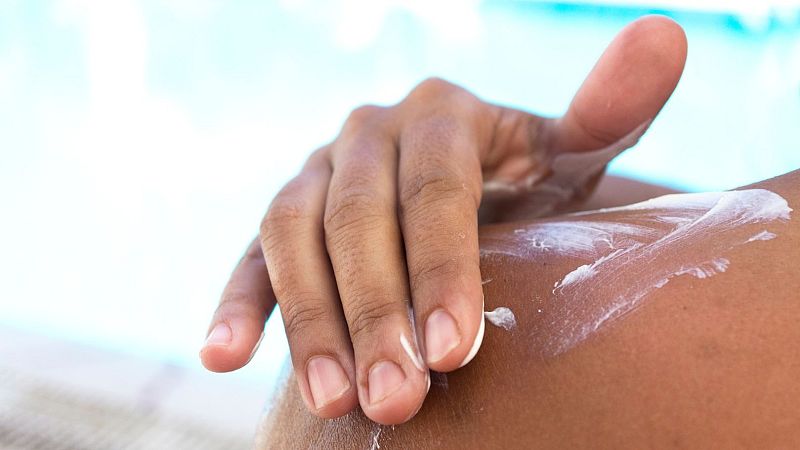
Mineral sunscreens have gained in popularity in recent years, fueled by claims that they’re gentler or safer than their chemical counterparts.
But the real differences between the two types of sun protection are more technical than many consumers realise, making it easy to misunderstand what scientists know about their health effects.
The differences between these sunscreens mainly come down to their active ingredients and, to a certain degree, how they protect against ultraviolet (UV) rays.
Both chemical and mineral sunscreens absorb UV radiation, converting it into heat and releasing it from the skin. To a lesser extent, mineral sunscreens, sometimes called physical sunscreens, also create a thin barrier that scatters UV rays away from the skin.
Even the terms “mineral” and “chemical” can be misleading, though, given all sunscreens use chemicals. Many mineral-based formulas also use other substances, called “boosters,” to help the active ingredients work better.
More accurate descriptors could be “soluble” sunscreen filters – those that could permeate the skin – and “insoluble” filters that could not do so, said Christian Surber, a dermatopharmacologist (someone who studies how drugs affect the skin) at the University of Zurich and the University of Basel.
“It's just the mechanism of action [of the filters] that is different,” he told Euronews Health. “It can be absorption, and it can be scattering”.
Euronews Health has chosen to use the terms that consumers are most likely to see when they shop for sunscreens.
Sunscreen and health
Concerns around how sunscreens affect our health are nothing new, prompting the European Commission Scientific Committee on Consumer Safety (SCCS) to assess the safety of three non-mineral UV filters – oxybenzone, homosalate, and octocrylene – in 2021 over concerns that they may have endocrine-disrupting properties.
The SCCS determined that homosalate and oxybenzone were not safe at the concentrations commonly used at the time, and that octocrylene was safe at a concentration up to 10 per cent – though it cautioned that the data was inconclusive.
One analysis, for example, estimated that a person would have to apply sunscreen daily for 277 years to experience the same hormone-disrupting effects observed in rats that were fed oxybenzone in a lab.
Even so, the European Commission issued new restrictions in 2022 to lower the amount of these filters allowed in sunscreens.
“We pretty much don't see them anymore on the market, because producers know that [they may] cause problems or will not be allowed anymore on the European market in a few years,” Laura Clays from Euroconsumers and the Belgian consumer protection group Test-Achats told Euronews Health.
Beyond these potential risks, some people with sensitive skin prefer mineral sunscreens, which use ingredients like zinc oxide and titanium dioxide, because they are less likely to cause skin irritation, Clays said.
However, when her group ran consumer tests, several mineral-only formulas offered weaker sun protection than their labels claimed, meaning in many cases, “the ones that contain only mineral filters do not protect you enough,” she said.
Because the sunscreen creates a physical layer of protection on the skin, people should make sure they are fully covered.
That could be another challenge, according to Clays’ tests: people tended to reapply mineral sunscreens less often, partly because they disliked the thin layer of white residue it left on their skin.
But when used correctly, both chemical and mineral sunscreens are widely considered safe and effective by dermatologists and health authorities.
“In principle, all sunscreen filters have a safety profile that has been regulatory-wise assessed and deemed safe,” Surber said.
Ultimately, skin experts agree: the best sunscreen is the one you will actually use on a regular basis.
“There’s really no big difference, health-wise, between the two,” Clays said.
Updated August 7: This story has been updated to clarify how sunscreen works.







